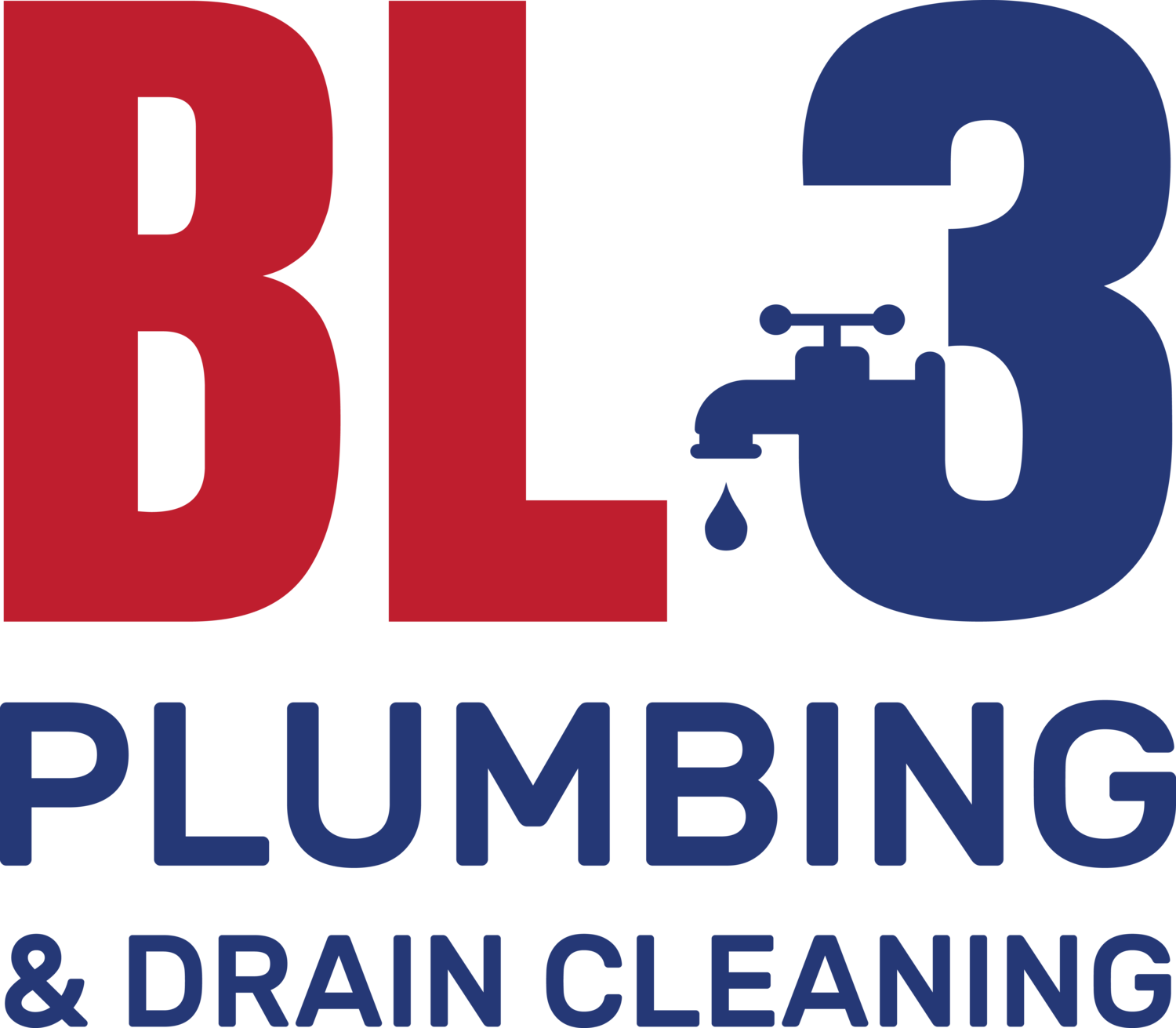Freezing temperatures are particularly troublesome for homeowners. Issues such as pipes freezing during the cold months might leave you without vital resources, but other plumbing issues can arise as well. Are you prepared to handle the most common problems?
Freezing Pipes
Notably, one of the most common winter issues is freezing pipes. Local meteorologists often warn homeowners of falling temperatures due to the potential of damages to your home. Depending on the circumstances, more may be needed to protect your plumbing.
You should always disconnect water hoses from outside spigots. And it might be necessary to invest in heat tape for any exposed pipes you have outdoors. This depends on the area in which you live in and how quickly the temperatures drop below freezing.
If one of your pipes does burst, it’s important to locate the main valve and shut it off as soon as possible. This is usually located outside of your home near the main water source. Shutting this off immediately prevents unnecessary flooding to the inside of your home. Next, call your local plumber and have them assess the situation professionally.
Clogged Drains
It is also important to take caution when discarding food scraps down Sink drains. Although it's best to be careful all year, food accumulates in drains more easily during the colder winter months.
If you do not have a garbage disposal system, it is best to scrape as many food particles into the trash as possible. Grease from certain foods should never be exposed to your plumbing system. Even with a garbage disposal, grease can cause major damage to the inside of pipes.
Drain screens are an easy fix. Just place them in the bottom of the sink drain, and this will prevent any particles from falling into your pipes. It can be easily cleaned after using the sink by transferring leftover bits to the trash can.
However, this will not work for the stubborn grease left after cooking certain foods. It is recommended to discard grease into a different container which can be thrown straight into a trash can or dumpster.
Try lining a bowl with foil so the foil can be easily discarded after it cools. If your drain is clogged, try flushing with a mixture of hot water and dish soap. This might be enough to break up small blockages stuck deep in your drain. Be sure to check for any objects that can be seen, such as small lids or large chunks of food.
If clogging seems to happen frequently or won’t budge, it is best to call a plumbing professional in order to point out and solve the specific problem
Hot Water Heater Failure
If you are suddenly left without hot water, first specify which type the type of hot water heater you own. Depending on electric or gas units, you will likely have a different solution.
Hot water systems work overtime during the winter months to keep up with the colder temperatures. This puts a strain on the unit itself, and the electrical or gas systems keeping it running. Even waterless hot water systems can malfunction at the sake of cold weather.
With an electrical hot water unit, your first step is to check the home breaker. It's possible the circuit overloaded and needs to be switched to the 'on" position. Although this may seem like a simple solution, it could be a sign of electrical problems so keep track of issues and contact a professional if it becomes a regular occurrence.
If you have a gas unit, double check to see if the pilot light is still lit. This is a small flame located at the bottom of your tank, you should be able to see visible light coming from that area.
Hot water tanks are potentially dangerous, so use caution and consult a professional for any seem specific to the unit.Knowing how to troubleshoot these three common problems during winter weather keep repair costs low.
Is it time to call in the experts? Call BL3 Plumbing at (405) 237-1414 and we’d be happy to go to work for you!


